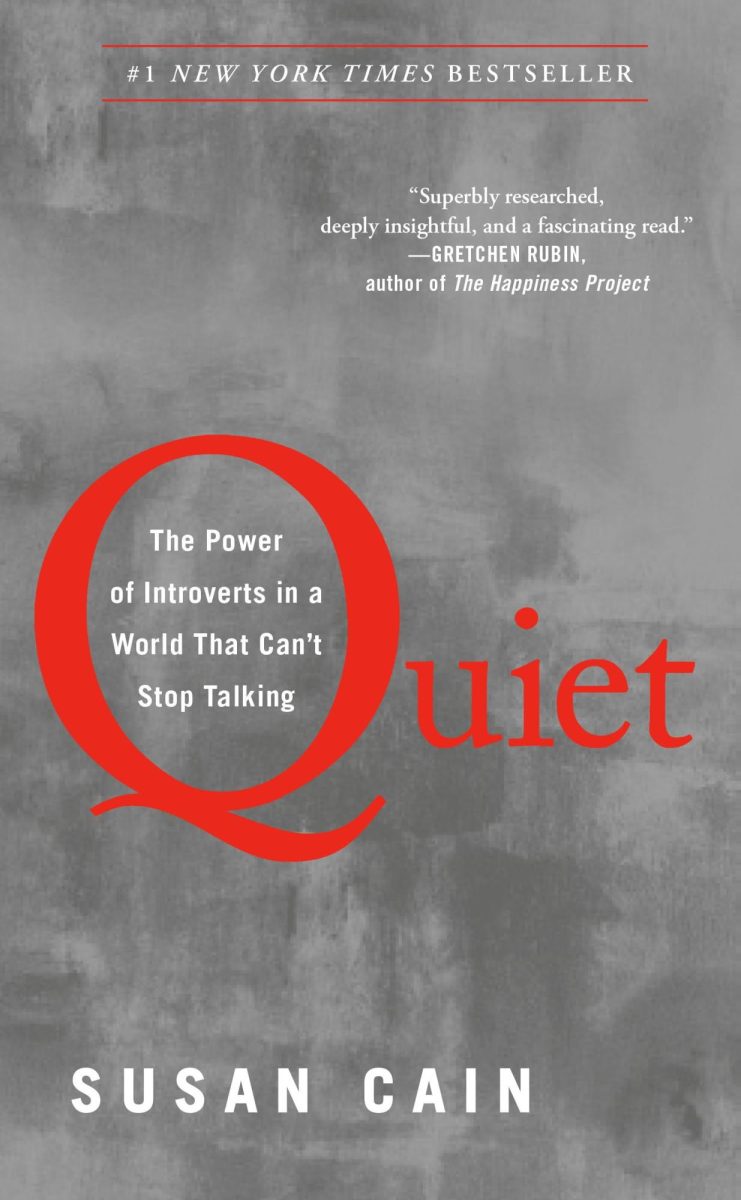If you are a girl and are delusional, read Jane Eyre.
As one of the original coming of age tales, or bildungsromans, or YA novels, if you will, Jane Eyre illustrates exactly how it feels to be in love with a man who is actively pursuing another woman – this woman is much prettier and much wealthier, by the way – and still be fully convinced that he is in love with you. I mean yes, he flirts a little and does acknowledge your existence, so he must be unconditionally and irrevocably in love with you, right? Right?
Not to mention, this man is over 20 years older. Daddy issues?
If there was ever a girl who was “just a girl,” it was Jane Eyre. Jane Eyre was more delulu than any other girl of her time would have dared to be. And this was shown from the very beginning. Under the oppressive conditions of her childhood home – an estate called Gateshead– Jane Eyre was unhinged enough to stand up, physically and verbally, against the abusive Mrs. Reed and her evil children. But let’s back up for a minute. This girl grew up in her wealthy but cruel family’s estate. Have you ever heard anything more coquette? More Lana Del Rey? Forget childhood. This was girlhood.
Yet Jane Eyre was not the type to wear pink bows in her hair. In fact, she lived out her childhood and adolescence being a sort of not like the other girls girl. But have no fear, this phase didn’t last for long. Jane soon discovered her own agency and independence within a set of feminist values that could be considered revolutionary for their time. So as delulu as she was for Mr. Rochester, we can safely say that Jane established her identity as a strong, independent girlboss. When taking a closer look, it can be found that Jane had her origins as a powerful feminist and a girls girl during her time at the Lowood school (for girls). This was the Barnard College of its era, if you add an insufferable male headmaster and take away the hundreds of millions in endowment …
So if Lowood School is Barnard, then Jane Eyre is Greta Gerwig, which makes Jane Eyre a 19th-century written adaptation of the Barbie movie. Lowood taught Jane Eyre the value of female relationships worthy of passing the Bechdel-test, and to eventually become a strong role model and mentor for her eventual female students.
But once again, Jane Eyre is JUST a girl. She loved a man with a questionable dating history; this man also lied to her on numerous occasions. Not to mention the ex that he kept LITERALLY hidden away in his attic. To interject: yes, expectations of that time were different, and it would have been frowned upon or near impossible to divorce his wife, who was mentally ill, but permanently so, as she would have been unable to seek proper help. But couldn’t there have been some other solution? Other than just locking her away? And not telling anyone, including his new to-be wife?
I digress. Whether or not Mr. Rochester’s choices regarding Bertha were justified, and if he was a good man is certainly up for debate. But this is good. Complex characters are what make a story compelling, and all the more relevant to our own lives. And let’s be honest, almost all of us at some point have been infatuated with some questionable people …
This is also what makes Jane Eyre a compelling protagonist. The duality of her determination, ableness, and independent nature combined with her subservience to Mr. Rochester makes her simply more relatable, if not an interesting case study. There is no person alive that comes even close top perfect; this is simply not possible. And while these character traits of Jane’s seem almost contradictory, they are representative of how real people like us act foolishly in our own lives, often in contradiction to our morals and despite our best intentions. Jane truly did believe in freedom for women and autonomy in her life, and yet she chose to return to take care of Mr. Rochester, the man whom she loved. Why? She’s imperfect.
Sometimes in life, the inevitable will happen. We will act in heats of passion instead of clear-headedness. We will choose feeling over logic. But Jane Eyre teaches us that it is okay to slip up, as it is this journey that will allow us to discover ourselves. And, we’re just teenage girlsssss.





